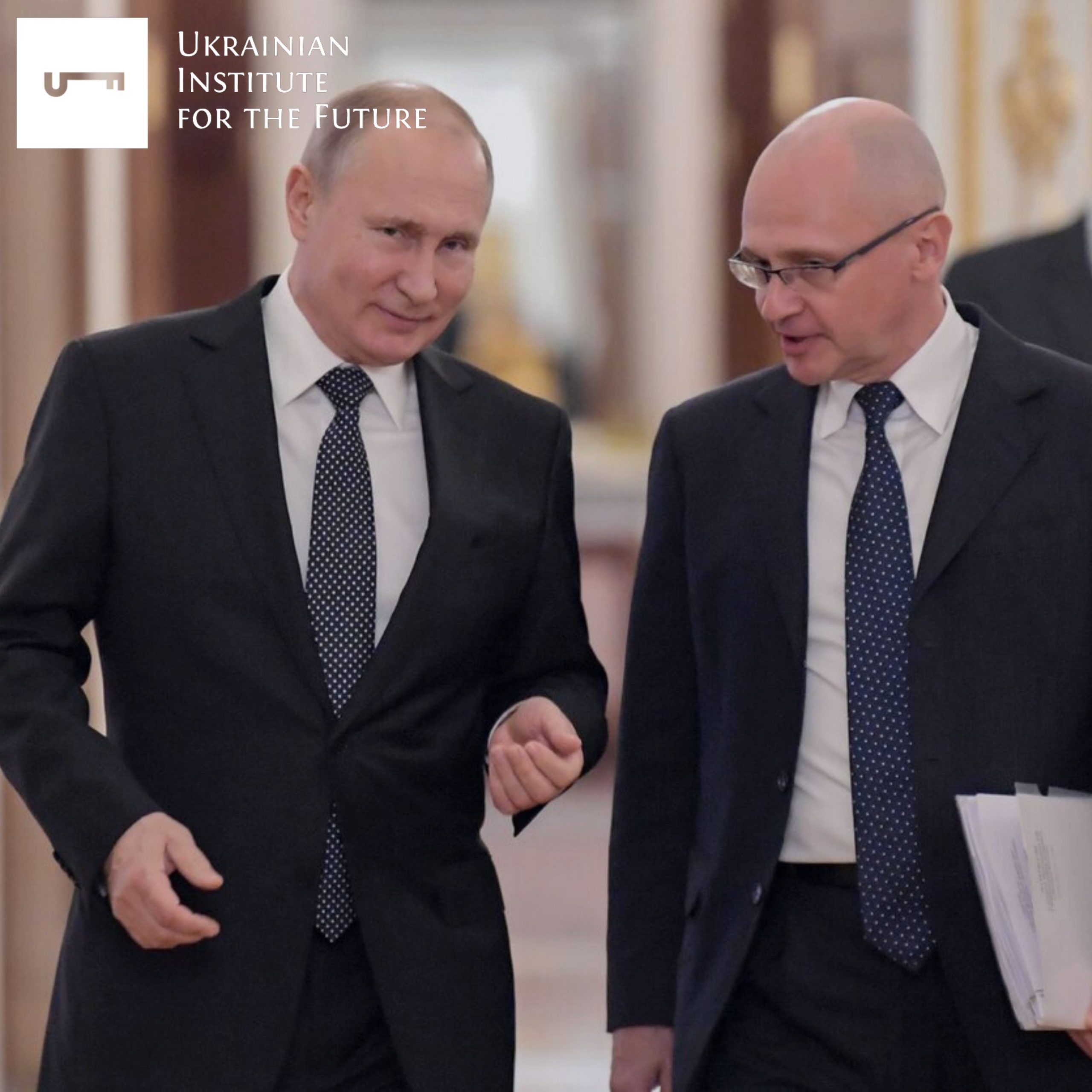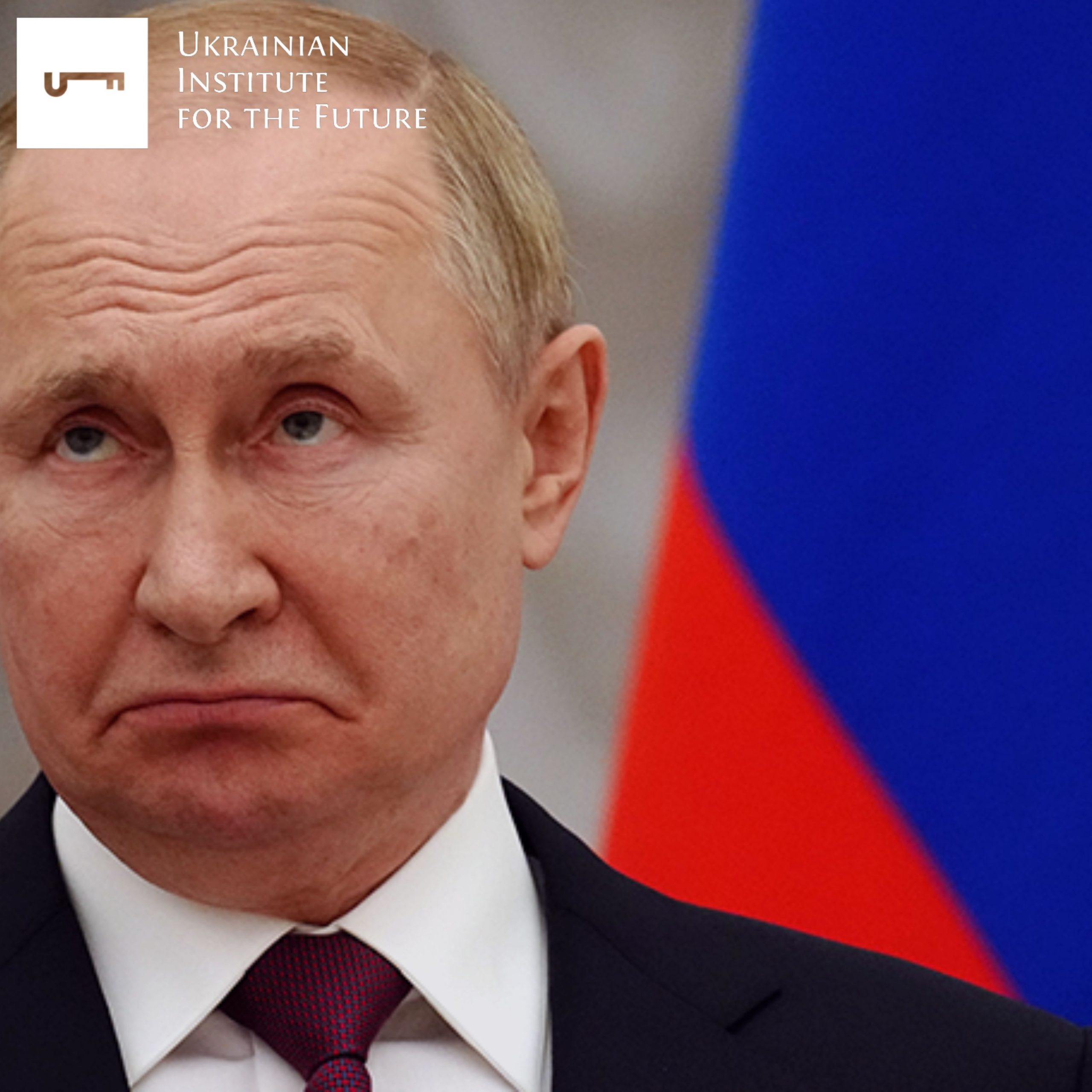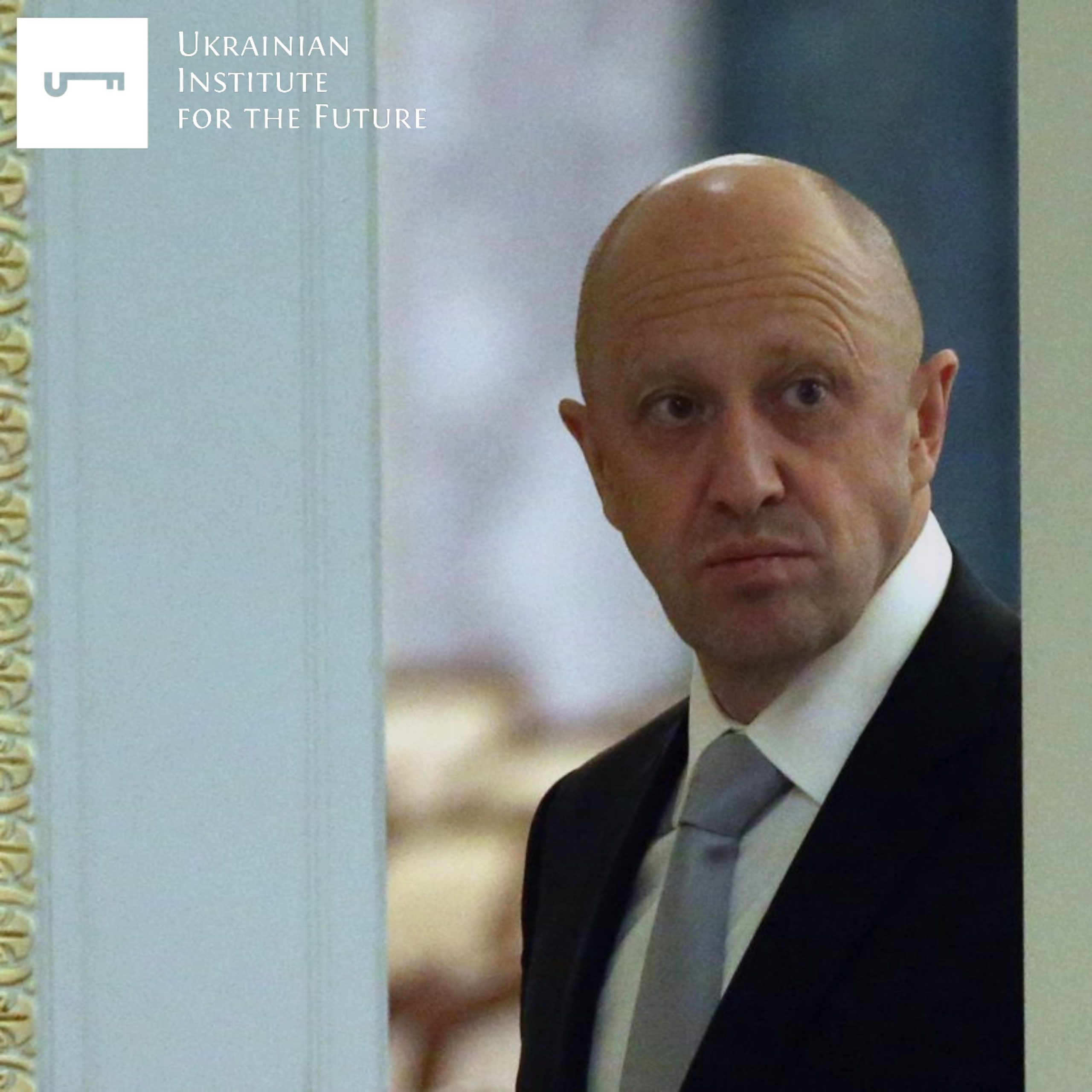The process of changing local executives continues in Russia. Most likely, the autumn elections will finally fix the monopoly of the Technocrats’ group (the Gref-Kiriyenko group) as curators of the governor’s corps. Thus, they will make redundant the functionality of the old “beholders” of the regions, one of which is the mayor of Moscow, Sergey Sobyanin.
However, having solved the “problem of manageability” of the regions, the Kremlin decided to go deeper – into the sphere of local self-government, so far at the level of municipalities. According to the results of the thematic meeting held at Putin’s cabinets, ” president’s orders” have been issued. The document changes the budgeting principles and makes adjustments to the personnel policy. Instead of the rudiments of democratic processes, a new sieve is set up to select new managers. Key roles in the process are predictably given to technocrats. However, a spot was also found for the “watchers” and older executives. This includes Sobyanin, whom Putin does not intend to throw out of his inner circle and is looking for additional functionality. Meanwhile, the casting of a new favourite to control the regional elites is taking place.
Background
In previous reviews on the personnel policy of the Kremlin at the regional level and in the “Kremlin Towers” research, we have described in detail the contours of forming a new control system of the Federation subjects. Briefly, it looks like this:
- The Kremlin prevents the local elites from taking power in the Federation subjects. After the return of the gubernatorial elections, the process of replacing the regions’ leadership takes place. The old governors resign (or are removed), and the acting ones replace them. In the next elections, these acting predictably “gain” the majority of votes. Thus, instead of “elected” governors, the Kremlin gets “appointed” ones. In addition, the majority of such appointees (as of May 1, 2023, more than 75 out of 89) are “paratroopers” – that is, either local natives who, having made a career in Moscow, return to the regions in 20-30 years, or those who before the appointment did not live a single day in the region, which they begin to lead.
- For the last five years, personnel selection for replacement has been conducted among graduates of the so-called “School of Governors”, conducted based on the RANEPA and supervised by the Gref-Kiriyenko group. As of May 2023, the proteges of this group control 50 of the 89 (recognized by the Kremlin – that is, including the occupied territories of Ukraine) subjects of the Federation.
- The principle of granting subventions to the Federation subjects has been changed, as well as the list of those responsible for implementing national projects. If the funds were managed earlier by local governments, which reported to the local legislative assembly, now both are transferred to the governor’s responsibility. Only then does the local government stand up, which is accountable to the appointed “paratrooper”.
- The processes mentioned above, as well as the creation of the institution of “lifelong” and Putin-appointed Senators, have changed the format of the Federation Council. If the body acted as a place for representing regional interests at the initial stage, now the regional legislative assemblies (with reservations) can elect only one “senator”. Who immediately moves to Moscow. The second is appointed by the governor (himself appointed by the Kremlin). There are also “senators” appointed directly by Putin.
Thus, the word “federation” is present only in the title of the Russian Federation. A system of strict vertical control over the regions has been built. Moreover, local elites cut off from financial resources and deprived of the opportunity to influence federal policy (and take power in their regions), remain in the eyes of the population the “culprits” of any negative processes affecting the quality of life.
For the sake of justice, it should be noted that in the Russian Federation, there are seven regions headed by “locals,” and there are Subjects of the Federation, whose leaders are appointed either by the party (without connection to the “Kremlin towers”) quotas, or by security forces to keep the situation under control. However, the course of the processes of monopolization of regional administration (accompanied by the resignations of governors) allows us to assume that by 2025 the Kremlin will eliminate the “quotas” in regional administration and will significantly reduce the number of “local” governors to 1 or 2.
The processes of building a vertical structure of regional management, which are accompanied by the monopolization of personnel work by the Gref-Kiriyenko group, make the old mechanisms of interaction with governors irrelevant. In particular, they level the functionality of the mayor of Moscow, Sergey Sobyanin, who is still the primary communicator with heavyweight governors. It also calls into question the relevance of old agreements with several representatives of local elites in the national republics — for example, Kadyrov’s place in the new management system.
However, until 2023, building a “vertical of power” bypassed the municipal level, at which the heads of local self-government (up to the mayors of large cities) and local councils were still elected. As a result, they were controlled by local elites. Accordingly, it was worth expecting that Putin and his entourage would also begin to “descend” to this level.
June 2023 – the beginning of the fight against the local outlaws
The June 4 meeting with Putin was undeservedly deprived of press attention. Based on its results, “president’s orders” have been issued. This document defines the contours of a new policy concerning local self-government and transfers several approaches to obtaining control by the Kremlin, applied earlier at the level of governors.
We are talking about a comprehensive approach that includes a change in the practice of forming local budgets, the practice of forceful control (and blackmail) against local government leaders, as well as the launch of a training program for new personnel to carry out a “personnel revolution” at the next stage.
Economy and budget
“Putin’s instructions” begin with several points of the economic bloc. In particular:
- It is planned to conduct an audit of the debts of local governments for the payment of fines imposed on the results of inspections and supervision over the implementation of state programs, the budget, instructions from the governments of the region, and the government of the Russian Federation;
- The principle of subsidizing local budgets is changing. Putin insists on transitioning from subventions to allocating a “quota of deductions from federal and regional taxes.” The norm, at first glance, is democratic. But today, against the backdrop of lower tax revenues, this will mean a reduction in the revenue side of local budgets;
- An audit of local budget expenditures is being carried out, and measures are being taken to “reduce redundant, duplicated, and functions unrelated to the powers of local self-government bodies”. That is, local councils will de facto lose, if not part of their powers, then guaranteed part of the budget for their implementation.
- Stimulating subsidies (which were originally included in the budgets of the Subjects of the Federation) are entirely excluded, and it is planned to create a system of “grant incentives” for success in collecting local taxes. Encouragement and financial incentives will initially only be directed to some territories. This is a general saving of regional budgets and a way to support (or stimulate) the most “obedient” ones.
- Development planning and budgeting introduce the notion of a “pivotal locality”, which becomes the basis for creating development plans and obtaining budgetary incentives. This approach allows for gaining control over most of the territories already at the initial stage. Instead of looking for an opportunity with all representatives of local self-government, it is enough to select (and possibly replace) a relatively narrow circle of “heads of strong settlements”, which (by analogy with national projects for governors) will be provided with a financial resource.
- Finally, the Kremlin takes control of the creation of plans for regional development. If earlier the creation of such was entirely the responsibility of local self-government (which is logical), now a “federal executive body authorized to coordinate the development, approval, approval, and implementation of measures provided for by long-term plans for socio-economic development” will be determined. That is, local elites are cut off even from planning the development of their regions.
On the other hand, much attention is paid to creating a system of “communication” with citizens up to their involvement in the “budget process” in the field. It is also a democratic norm, which can be justified in light of at least maintaining the old levels of budget revenues. In the context of its reduction, local councils become a buffer that takes on the bulk of the adverse events based on citizens’ quality of life.
The prosecutor’s supervision has been appointed for this whole process. The Prosecutor General’s Office is obliged to offer before September 1 a new format for implementing control and supervisory functions over local government work. The Prosecutor General’s Office also needs to focus on “adjusting the law enforcement practice of prosecutorial supervision, paying special attention to preventing violations of the legislation of the Russian Federation.” This item allows the mass cleansing of local government representatives in crucial regions of the Russian Federation as early as the summer of 2023.
New personnel and new-old curators
By cleaning up local elites at the municipal level, Putin should have outlined the contours of training new executors. This direction, predictably, was given over to the Gref-Kiriyenko group. In particular:
- Based on the RANEPA, it is planned to create an educational course, “School of Mayors”, by analogy with the already existing “School of Governors”. Acting Rector of the Academy A. Komissarov will supervise the process. He is also entrusted with adjusting educational plans for specialized university programs. At the same time, M. Mishustin is designated as the second “curator”. That is, we assume that budgetary funds are allocated for this project.
- In addition (also for budgetary funds) a system of retraining of already working municipal employees is being created. Responsibility is assigned to the “Senezh Education Workshop”, an integral part of the Leaders of Russia project, supervised by Komissarov.
- A unified digital communication platform for local governments is being created. The process was transferred to the ANO “Dialogues Regions” responsibility, developed by Alexei Goreslavsky, the former top manager of Rambler and Lenta.ru (resources included in the Sber group of German Gref). The current project manager is a former “communicator” of the Putin administration, Vladimir Tabak. This public organization is guaranteed funding from the federal budget.
Under such plans, a system of incentives for municipal employees (and possibly equating them with civil servants) is being created, as well as a system for recruiting young people to receive specialized education and work in local government structures. Responsible for this work, in addition to the Komissarov mentioned above, are graduates of the “School of Governors” Alexei Teksler (3rd stream of the school, governor of the Chelyabinsk region), Dmitry Artyukhov (4th stream of the school of governors, governor of the YaNAO) and Mikhail Razvozhaev (1st stream of school, “governor” of Sevastopol).
As you can see, the process of training personnel for local self-government and, as a result, future control over part of the municipalities is also at the mercy of a group of Technocrats.
Preventers or a new place for Sobyanin
However, at the same time, Putin introduces a system of “preventers”, appointing Vaino and Sobyanin close to him as curators (more precisely, observers of the process). In this case, the latter is responsible for such functions:
- Distribution of compensation to local budgets for expenses related to the implementation of delegated powers and the implementation of state programs
- Determination of pension and social guarantees for municipal employees;
- Preparation of uniform standards for the work of local self-government;
- Creation of a system for attracting young specialists to the municipal service.
Instead of an afterword
The processes described above, especially given the tight deadlines for the execution of “orders”, speak of Putin’s determination to eliminate the remnants of democracy in Russia, even at the local level. The balance of interests of local groups is replaced by control from the centre, manual management of the budget process, and a rigid, vertically oriented system of personnel selection and training.
The cleansing of local elites is likely to take place much faster than the process of changing governors. Instead of a process stretched over several years, Putin’s entourage limits the “preparatory stage” to six months (the maximum term for Putin’s instructions). And further, the process of replacing a part of objectionable local leaders will take up to a year. Putin intends to approach the problem of 2025 with a country that, even at the grassroots level, faces total control of the Kremlin Towers.




